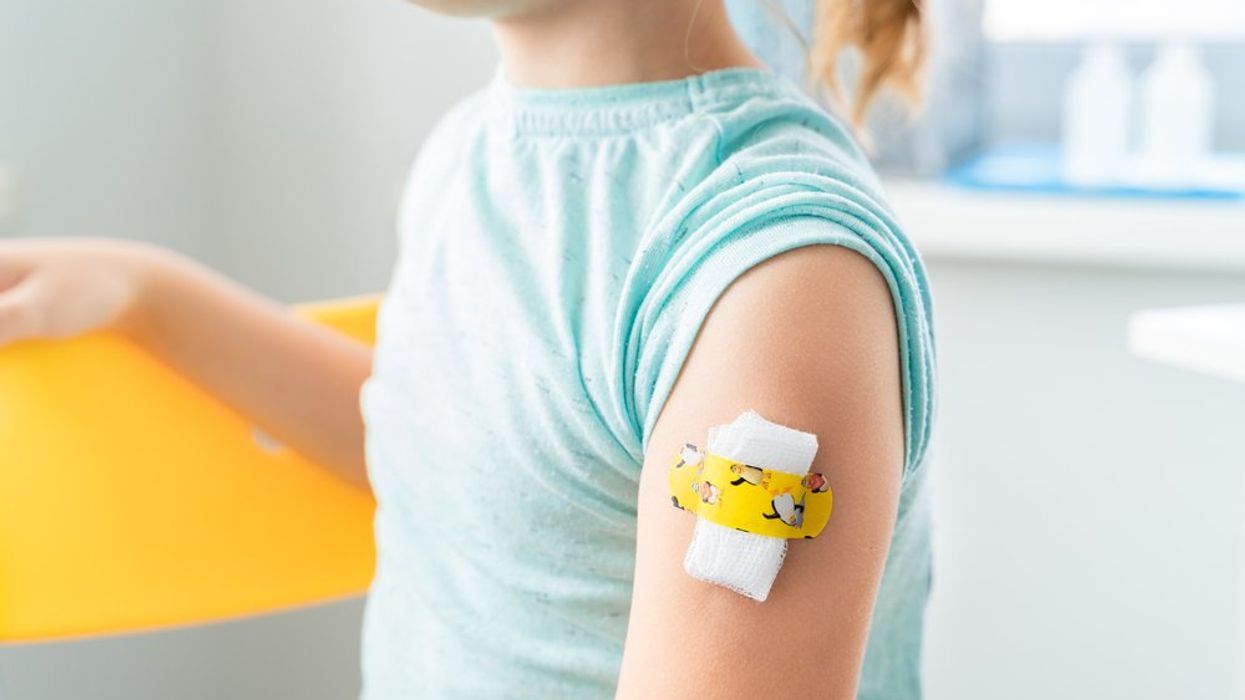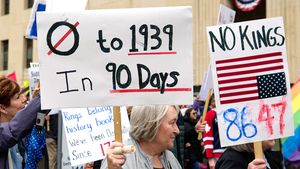Over 67 million children worldwide missed some of their routine vaccinations between 2019 and 2021, according to a new report from UNICEF. 48 million didn't receive a single vaccine.
"Despite decades of progress in childhood immunization, our collective efforts are falling short. Put simply, we are not meeting our goal to vaccinate every child," UNICEF executive director Catherine Russell writes in the study's forward.
According to the report, those in marginalized communities are the least likely to be vaccinated, which Russell attributes to "deep inequities – between rich and poor, between men and women, between communities at the center of power and communities on the margins."
As hospitals faced floods of Covid patients at the outbreak and height of the pandemic, many countries had to divert funding from other programs. Routine health services for women and children were disenfranchised, impacting childhood immunizations.
The countries with the most under-vaccinated children and those with zero doses were in Africa and South Asia, with West and Central Africa totaling 6.8 million children. India has the most children with no doses at 2.7 million, and Nigeria sits in second with 2.2 million.
Between 2021 and 2022, the total amount of measles cases doubled, with severe outbreaks in India, Somalia, and Nigeria. Polio was also up 60 percent between the years, with 800 cases reported worldwide, despite the disease previously being largely eradicated.
While many countries lack access to proper healthcare, a troubling trend also rippled across wealthier nations. UNICEF says that public health programs are going to start addressing the public's declining faith in vaccines.
Of the 55 countries surveyed in the report, 52 showed decreasing confidence in vaccinations. Only China, India, and Mexico showed an improvement. The study attributes this to the wave of misinformation surrounding the Covid-19 vaccination during the pandemic.
"The pandemic has only darkened this picture. In the past three years, more than a decade of hard-earned gains in routine childhood immunization have been eroded. Getting back on track will be challenging," Russell continues, adding, "While vaccine confidence is far from being the most important determinant of vaccine demand in most communities, the apparent rise in hesitancy cannot be ignored."
UNICEF estimates that over 200,000 have occurred because of these disruptions in childhood vaccinations.


















































